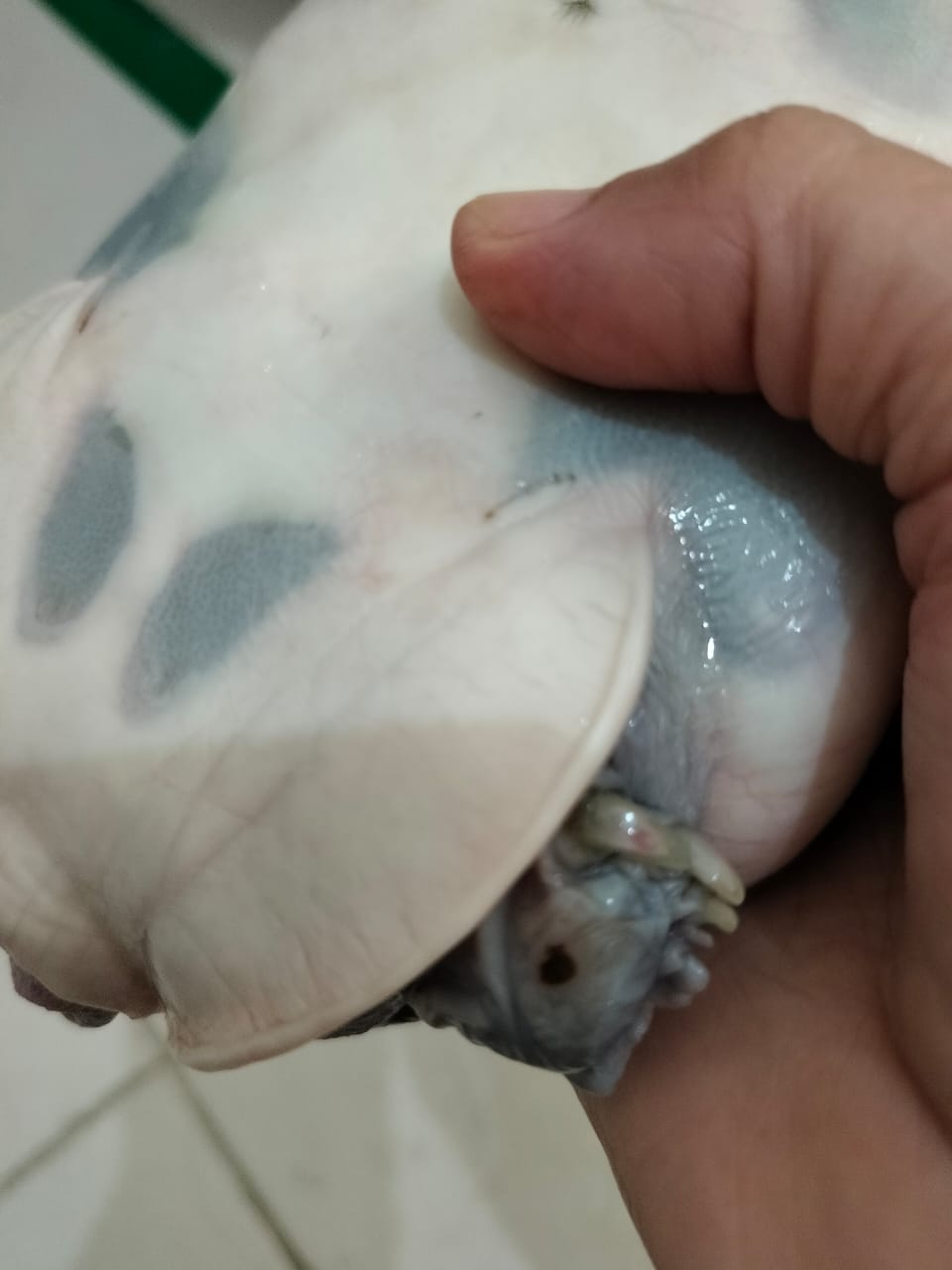
A case with soft shells in turtles was presented to noida pet clinic near me at noida . managed well and the pet recovered well. #turtle vet near me, turtle doctor near me, turtle clinic near me
Soft shell, or shell deformities, in turtles is a common health issue that can arise due to various factors. The shell is composed of bone covered by a layer of keratin, which can become weakened or deformed for several reasons. Here are some common causes and treatments for soft shell in turtles:
Nutritional Deficiencies: One of the most common causes of soft shell in turtles is a lack of essential nutrients, particularly calcium and vitamin D3. Calcium is crucial for shell development, and vitamin D3 is necessary for its absorption. A diet lacking in these nutrients can lead to soft shell formation.
Treatment: Adjusting the turtle's diet to include a variety of calcium-rich foods such as dark, leafy greens, calcium supplements, and foods fortified with vitamin D3 can help correct nutritional deficiencies. Additionally, providing exposure to UVB light is essential for vitamin D3 synthesis in turtles.
Improper Lighting and Temperature: Inadequate exposure to UVB light and incorrect temperature gradients in the turtle's habitat can inhibit proper shell development. UVB light is essential for calcium metabolism and vitamin D3 synthesis, both of which are necessary for healthy shell growth.
Treatment: Ensure that your turtle's habitat includes a UVB light source and a basking area with appropriate temperatures to support proper calcium metabolism and shell development.
Metabolic Bone Disease (MBD): Metabolic bone disease is a condition characterized by weakened bones and shell deformities due to improper calcium metabolism. It can result from long-term nutritional deficiencies or inadequate UVB exposure.
Treatment: Treatment involves correcting the underlying nutritional deficiencies and providing adequate UVB light and proper temperatures. In severe cases, veterinary intervention may be necessary to administer calcium supplements or vitamin D3 injections.
Genetic Factors: Some turtles may be predisposed to shell deformities due to genetic factors or developmental abnormalities.
Treatment: There is no specific treatment for genetic shell deformities. However, providing optimal husbandry conditions, including proper nutrition, lighting, and habitat parameters, can help minimize the impact of genetic predispositions.
If you suspect that your turtle has a soft shell or any other health issue, it's essential to consult with a veterinarian experienced in reptile care. They can provide a proper diagnosis and recommend appropriate treatment to improve your turtle's health and quality of life. Regular veterinary check-ups and proactive husbandry practices are crucial for preventing and managing shell deformities in turtles.




